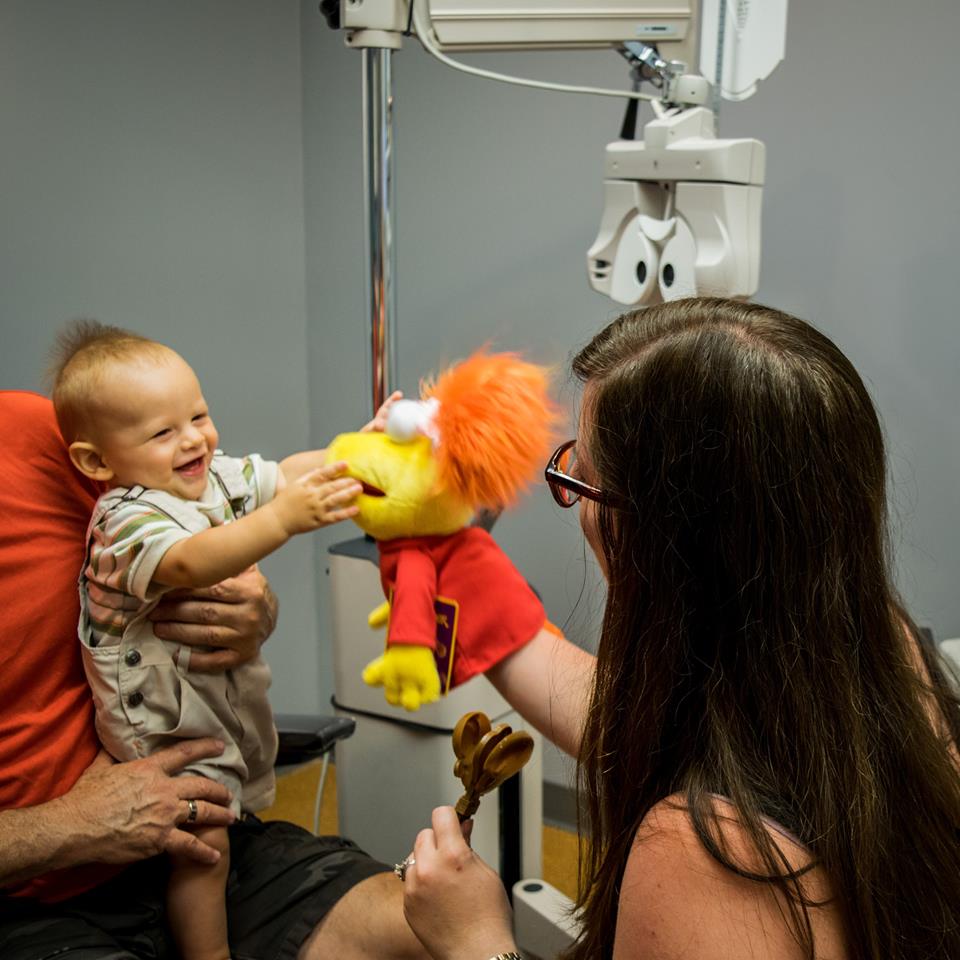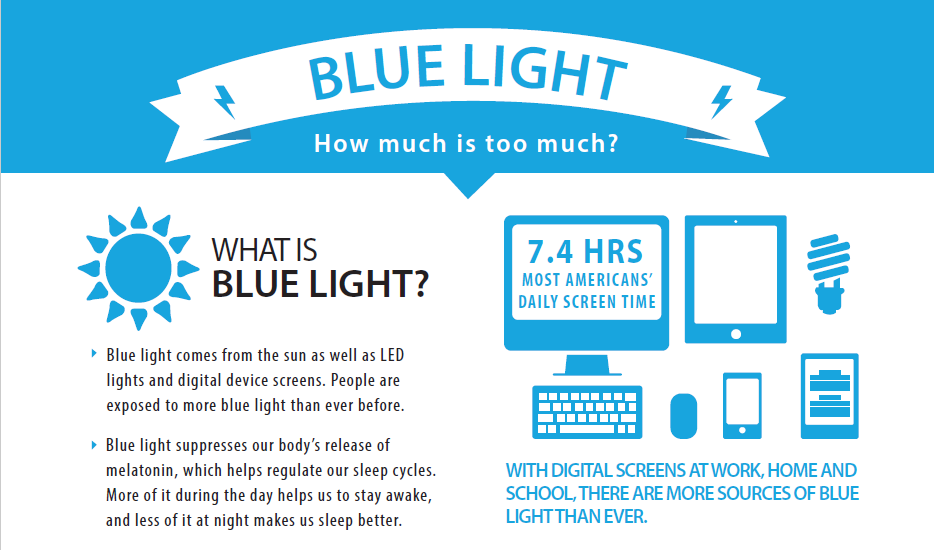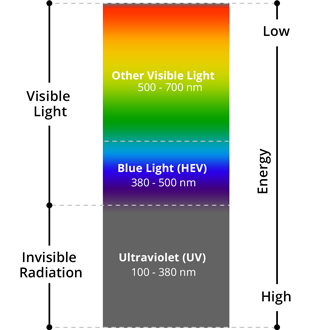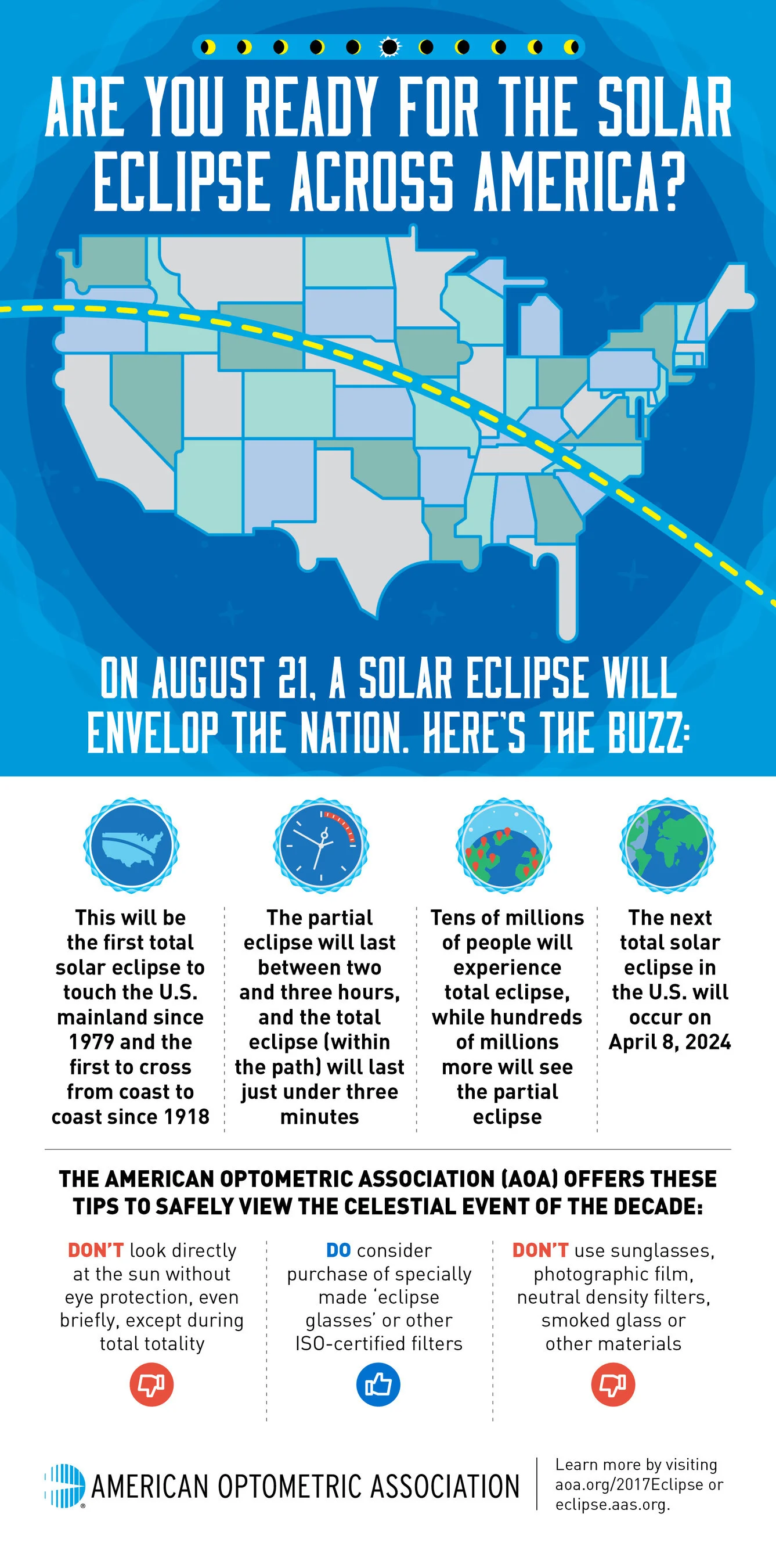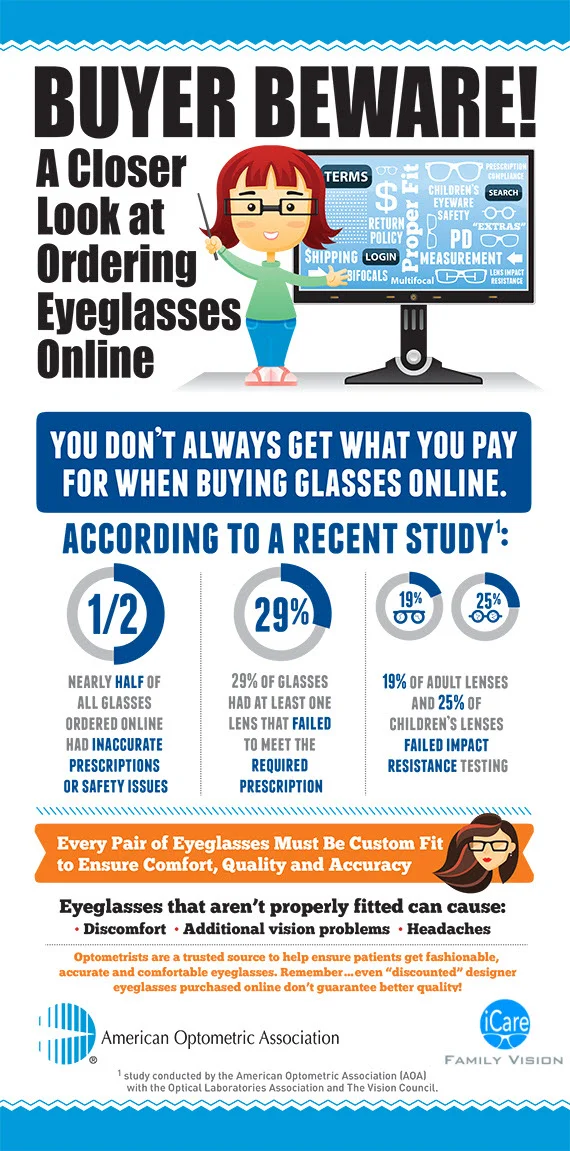When it comes to keeping children healthy and ensuring proper childhood development, annual visits to pediatricians are important. But what most parents don’t realize is that annual eye exams are equally as important. Eye Exams for children are critical to their development and eye health. It is estimated that 25 percent of school age children have some type of vision problem, much of which goes unidentified due to lack of regular eye exams. Identifying issues with children’s vision is important because children can respond better to treatment when problems are diagnosed early.
Learn More: Pediatric Eye Care
With so much going on in your kid’s life it can be difficult to keep up, but it’s important to make sure they can see the world in front of them as clearly as possible. So you might ask, when would be the right time to have your child seen for their first eye exam? You might even be shocked by answer. 6 months old is the ideal age for a child's first eye exam. That may seem a bit young to you, but an eye exam from an optometrist at age 6 months is important for more than just checking for vision issues alone.
As we all know, the vision of a child during early life is constantly changing. By the time that a child reaches 6 months, their visual acuity has already dramatically improved. Hence, it is very important that your child is examined by an optometrist to check their vision. Delaying such an exam might even cause a child to suffer from undetected vision issues.
After the first exam, the next eye exam should be done once a child reaches 3 years old. By this time, the eyes of your child are already developing and growing. It is very important to have your child's eyes examined by an optometrist before they enter preschool. Although many schools offer vision screening, these screens are not comprehensive eye exams and the results can be very inaccurate. If you notice your child is having trouble with their vision (squinting, rubbing eyes, trouble reading) schedule an appointment with iCare Family Vision today and we can help address the issue and get your child seeing clearly again. With most vision conditions, early detection can make the corrections much easier to treat than allowing the problem develop into something worse.
Learn More: Why Eye Exam Are Important For Everyone
Some of the vision issues that can be found through a comprehensive eye exam include astigmatism, nearsightedness, farsightedness, and other conditions that can be easily addressed by making use of prescription glasses. There are other eye issues in children which can easily be spotted by an optometrist including amblyopia or commonly known as a "lazy eye". Hence, it is best advised for parents to make the first steps in taking responsibility for their kids' overall eye health by scheduling regular annual eye exams starting at age 3.
Just like the usual trip to the hospital or to a doctor, children might feel scared about it going to the optometrist. The good news is that Dr. Johnson at iCare Family Vision is super friendly and wonderful with kids of all ages. She makes your child's eye exam feel like a fun game.
Learn More: The 21st Century Eye Exam
Ultimately, do not fall into the trap of assuming that everything is perfect with your child’s vision just because they are not complaining about or having particular symptoms. Please make it a top priority as a parent to ensure that you have your kids checked by iCare Family Vision on an annual basis.



